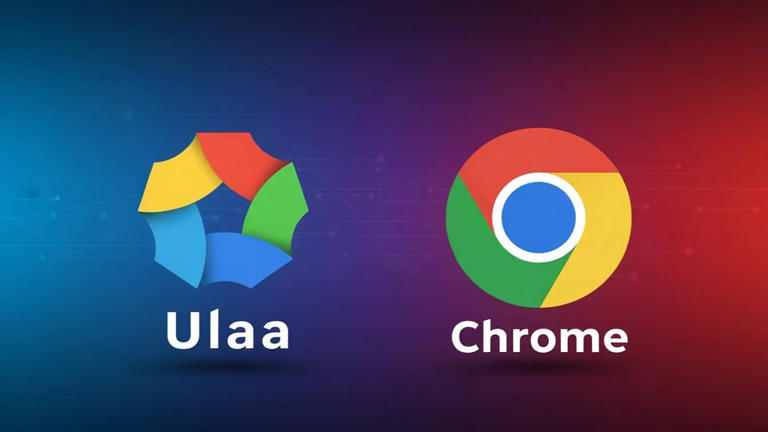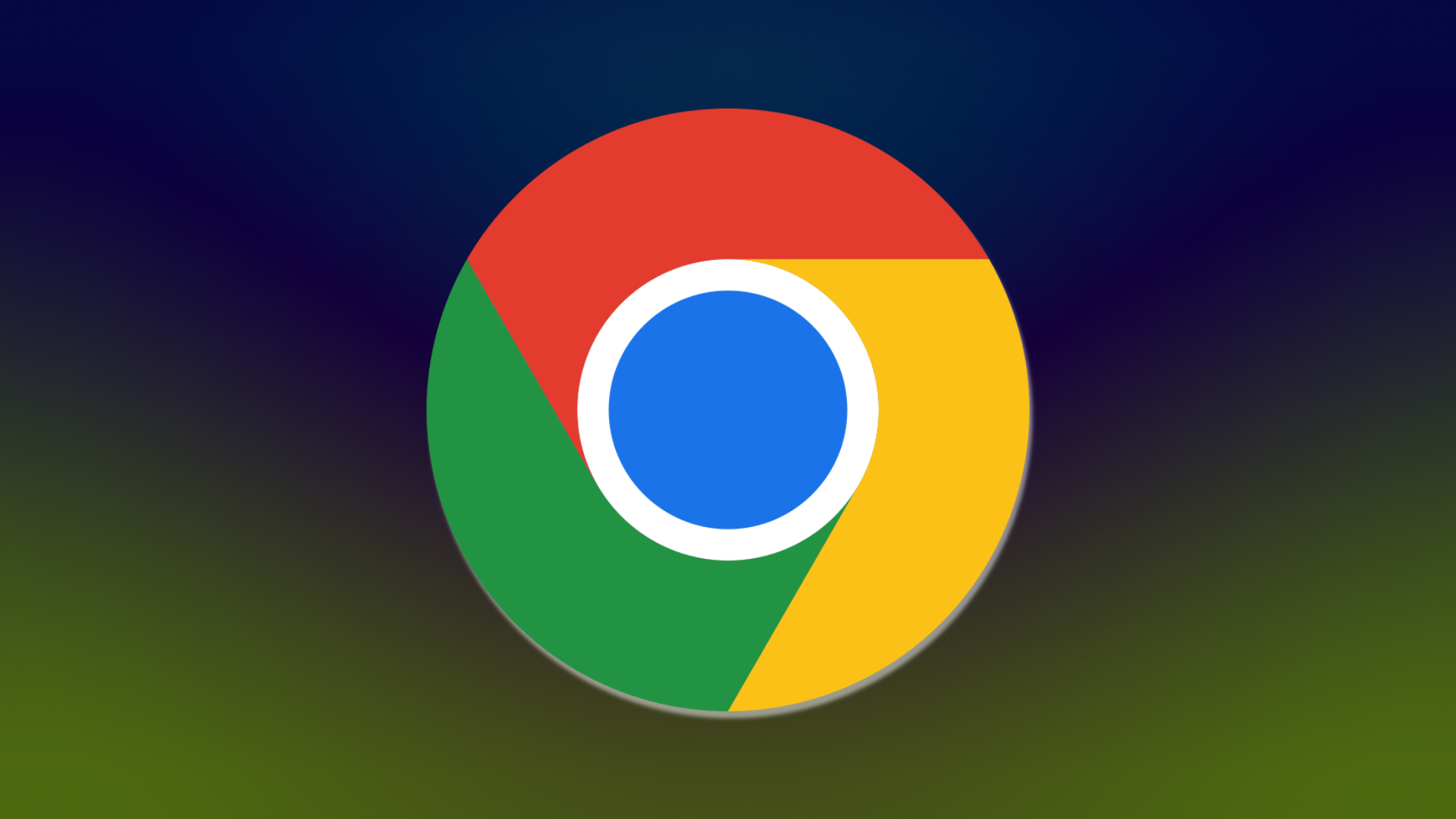The web browser you choose can significantly affect your online experience, impacting everything from browsing speed to privacy and overall usability. Two popular options in today’s digital landscape are Google Chrome and the Ulaa Browser. While Chrome is a global leader in web browsing, Ulaa is gaining attention for its privacy-focused design and lightweight performance. This detailed comparison explores the differences in speed, privacy, features, and user experience to help you decide which browser suits your needs best.
1. Overview of Google Chrome and Ulaa Browser
Google Chrome is one of the most widely used web browsers in the world, known for its speed, reliability, and seamless integration with Google services. Chrome offers extensive support for extensions, web standards, and cloud syncing, making it a top choice for both casual users and professionals.
Ulaa Browser, in contrast, is designed with privacy and lightweight performance as its core principles. It aims to provide a fast browsing experience while minimizing tracking, reducing resource usage, and enhancing user privacy. Ulaa is particularly appealing to users who prioritize security and prefer a minimalistic interface.
2. Speed and Performance
a. Page Loading Speed
-
Google Chrome: Chrome is known for its fast rendering engine, powered by the Blink engine. It efficiently handles complex web pages, multimedia content, and dynamic websites. Chrome’s V8 JavaScript engine ensures smooth performance for web applications and extensions.
-
Ulaa Browser: Ulaa is lightweight and optimized for speed on low-resource devices. While it may not match Chrome in handling extremely complex web apps or heavy multimedia content, it excels in loading standard web pages quickly with minimal lag.
b. Resource Usage
-
Google Chrome: Chrome can be resource-intensive, especially when multiple tabs or extensions are open. High memory and CPU usage can be an issue on devices with limited hardware.
-
Ulaa Browser: Ulaa is designed to use fewer system resources, making it suitable for older devices, budget smartphones, and laptops with limited RAM. This makes it an efficient alternative for users who want speed without compromising device performance.
c. Stability
-
Google Chrome: Chrome is highly stable and frequently updated to fix bugs and improve performance. Crashes are rare, and the browser can handle dozens of tabs simultaneously.
-
Ulaa Browser: Ulaa is stable for everyday browsing but may encounter occasional issues with complex web applications. However, for most users, it provides a smooth and reliable browsing experience.
3. Privacy and Security
a. Data Tracking and User Privacy
-
Google Chrome: Chrome collects user data to improve services, offer personalized ads, and sync across devices. While it provides security features like safe browsing and sandboxing, privacy-conscious users may find Chrome’s data collection intrusive.
-
Ulaa Browser: Ulaa emphasizes privacy by blocking trackers, preventing unwanted data collection, and offering built-in features like ad-blockers and anti-tracking tools. It does not share browsing activity for advertising purposes, making it ideal for users concerned about online privacy.
b. Security Features
-
Google Chrome: Chrome offers robust security measures, including automatic updates, phishing and malware protection, sandboxing, and alerts for unsafe websites. Its security model is trusted by millions of users worldwide.
-
Ulaa Browser: Ulaa also provides strong security features, including HTTPS enforcement, malware protection, and secure browsing modes. While not as widely tested as Chrome, it offers a high level of protection for everyday internet use.
c. Incognito / Private Browsing
-
Google Chrome: Chrome’s Incognito Mode prevents the browser from saving your browsing history, cookies, and site data locally. However, it does not hide your activity from websites, ISPs, or network administrators.
-
Ulaa Browser: Ulaa’s private browsing mode blocks trackers and enhances anonymity, often providing more privacy features than Chrome’s standard incognito mode. It is a strong option for users who want additional security and privacy online.
4. Features Comparison
a. Extensions and Add-ons
-
Google Chrome: Chrome supports thousands of extensions via the Chrome Web Store, including productivity tools, security plugins, and customization options. This extensive ecosystem allows users to tailor their browsing experience to their exact needs.
-
Ulaa Browser: Ulaa has limited extension support but focuses on built-in features like ad-blocking, privacy protection, and lightweight performance. While it lacks Chrome’s vast ecosystem, it compensates with simplicity and security.
b. Customization Options
-
Google Chrome: Users can customize Chrome with themes, extensions, and settings for bookmarks, homepage, and tab management. Syncing across devices ensures that preferences are consistent.
-
Ulaa Browser: Ulaa offers basic customization options, including interface themes and default search engines. Its minimalist approach reduces complexity, making it ideal for users who prefer a simple and uncluttered browsing experience.
c. Synchronization Across Devices
-
Google Chrome: Chrome seamlessly syncs bookmarks, passwords, history, and settings across all devices when signed in with a Google account. This integration is useful for users who switch frequently between devices.
-
Ulaa Browser: Ulaa offers limited synchronization options, focusing on local performance and privacy. Users seeking extensive cross-device syncing may prefer Chrome for this feature.
d. Built-in Tools
-
Google Chrome: Chrome offers developer tools, task manager, password manager, translation, and a PDF viewer. These tools enhance productivity and usability for both regular users and developers.
-
Ulaa Browser: Ulaa includes built-in ad-blocking, anti-tracking, lightweight browsing tools, and private browsing features. While it lacks some advanced tools, it provides essential functionality with minimal overhead.
5. User Experience
a. Interface and Usability
-
Google Chrome: Chrome has a clean, intuitive interface with easy navigation and tab management. Its design caters to both beginners and advanced users.
-
Ulaa Browser: Ulaa focuses on simplicity and minimalism. Its interface is lightweight, fast, and easy to navigate, making it suitable for casual users and devices with limited resources.
b. Mobile Experience
-
Google Chrome: Chrome mobile apps for Android and iOS are feature-rich, supporting extensions, syncing, and password management. Performance is consistent across devices.
-
Ulaa Browser: Ulaa’s mobile version is lightweight and fast, consuming less battery and memory. It is optimized for speed and privacy, particularly on budget smartphones.
c. Multitasking and Tab Management
-
Google Chrome: Chrome handles multiple tabs efficiently but can consume significant memory. Features like tab grouping and pinning help organize sessions.
-
Ulaa Browser: Ulaa manages tabs efficiently on low-end devices but may not be as robust as Chrome for very large multitasking sessions.
6. Pros and Cons
Google Chrome Pros:
-
Extremely fast and reliable
-
Extensive extension ecosystem
-
Seamless Google services integration
-
Advanced developer and productivity tools
-
Cross-device syncing
Google Chrome Cons:
-
High memory and CPU usage
-
Privacy concerns due to data collection
-
Can be overwhelming for casual users
Ulaa Browser Pros:
-
Lightweight and fast, even on older devices
-
Strong privacy and anti-tracking features
-
Minimalistic interface, easy to use
-
Built-in ad-blocker and security tools
Ulaa Browser Cons:
-
Limited extension support
-
Less robust cross-device syncing
-
May struggle with complex web apps compared to Chrome
7. Which Browser Should You Choose?
-
Choose Google Chrome if: You need extensive features, reliable cross-device syncing, high performance for web apps, and access to thousands of extensions. Chrome is ideal for professional use, web development, and heavy browsing sessions.
-
Choose Ulaa Browser if: You prioritize privacy, lightweight performance, and simplicity. Ulaa is excellent for budget devices, casual browsing, and users seeking secure, minimalistic browsing without unnecessary overhead.











